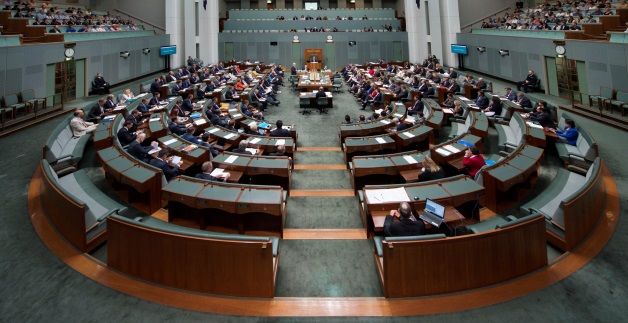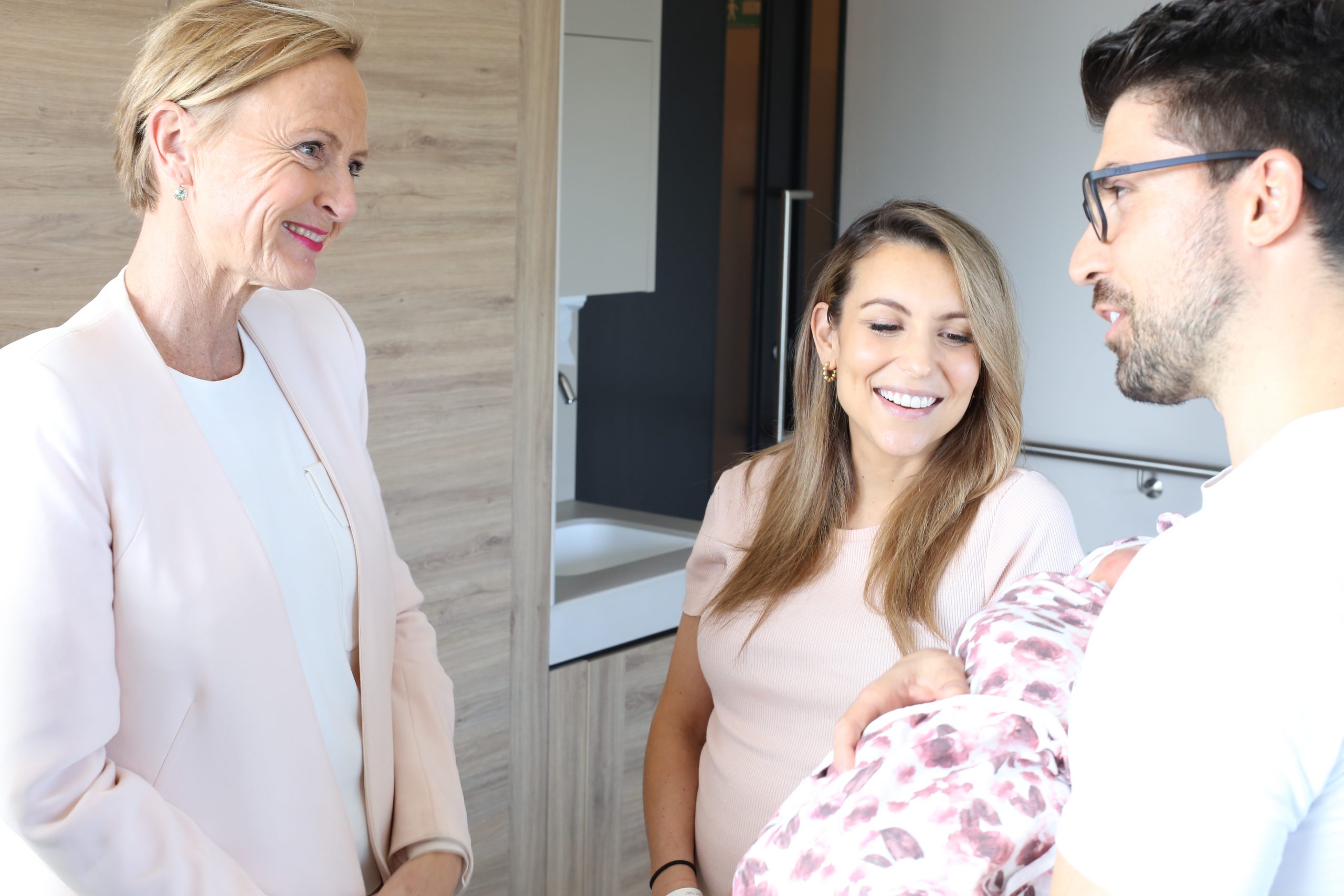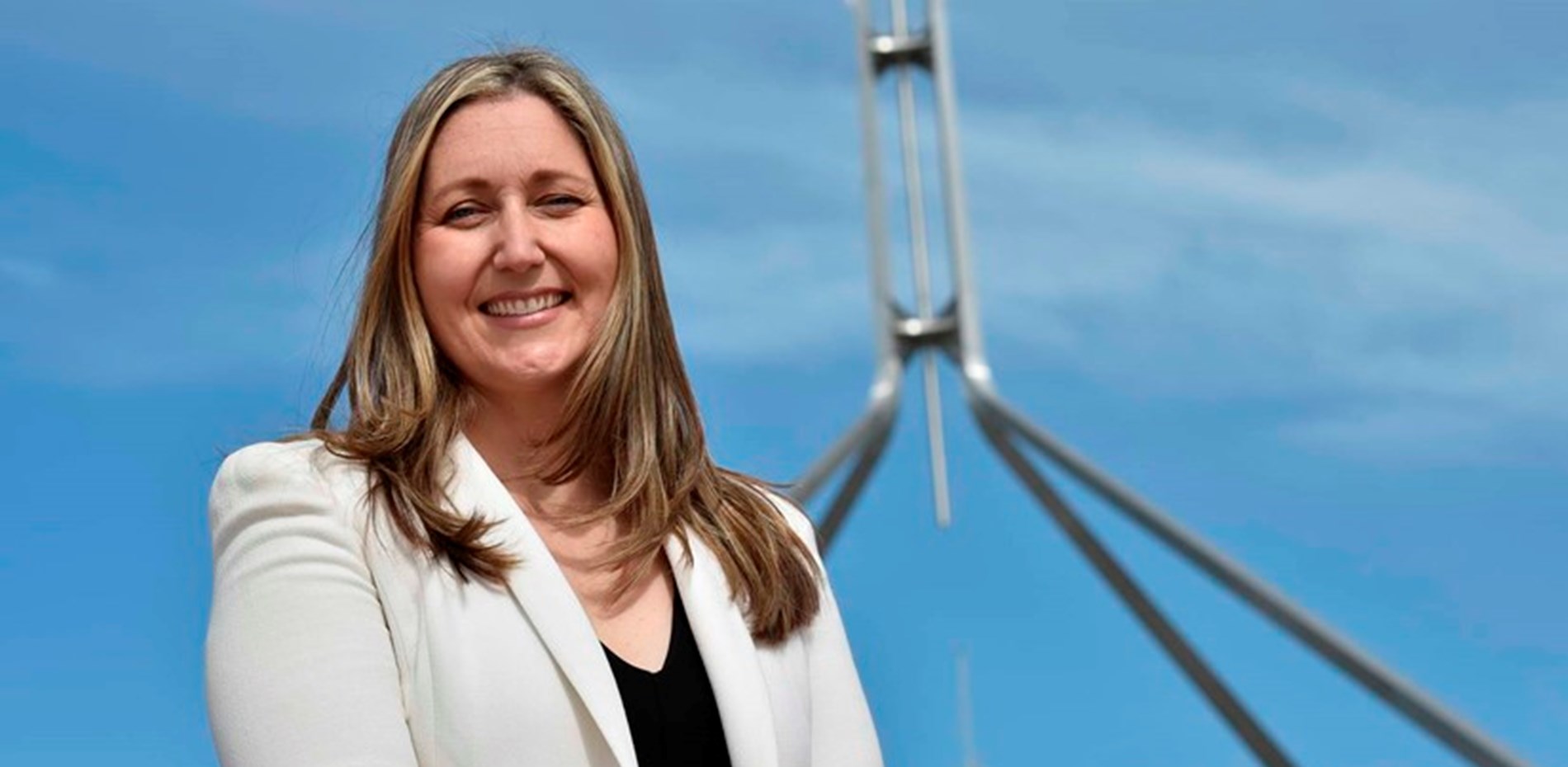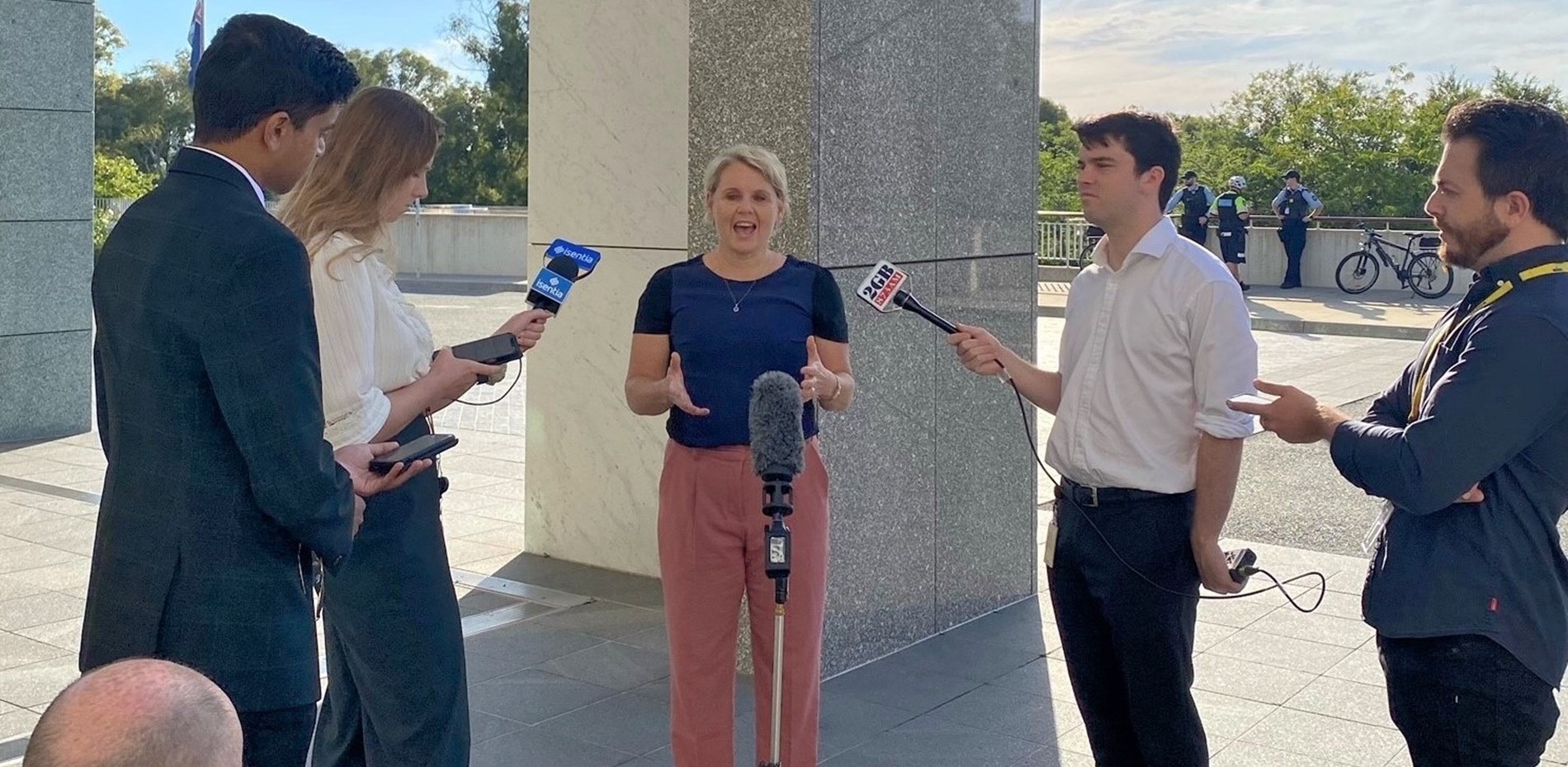
Harnessing marginal seats leading up to political elections can be the difference between success and failure for political parties, which is why they should be an integral part of your public affairs strategy in the run-up to the forthcoming federal election.
Marginal seats dictated the outcomes of 2013, 2016 and 2019 elections in Australia. They are where a political party’s policy platform, narrative and image are put through their toughest examinations, where political careers and reputations are made or destroyed.
The government’s popularity in 2021 has been directly impacted by their management of the pandemic, the opposition will be judged at the polls on whether the public believes they offer a better alternative. Health will be a decisive issue in the marginal seats.
In this article we will discuss:
A marginal seat by definition is a seat won by small margins. If a candidate leads with 56% of the vote or less, they are a marginal seat holder. Political parties focus their attention on pre-selected candidates for the seat they identify and put media spending, policy promises and rigorous campaign advocacy to sway the outcome.
Of the 40 marginal seats in the upcoming election, there are 20 marginal seat holders with a portfolio or background in health. Health will be a central issue of their campaigns, especially in lieu of the past 18 months.
Three examples of health-focused marginal seat holders include Katie Allen (53.88%, LP) Emma McBride (51.5%, ALP) and Peta Murphy (52.7%, ALP).

A Liberal seat holder for Higgins, winning her seat in 2019 by a small margin. Dr Allen previously worked for over 20 years as a medical researcher and is a key Liberal spokesperson on health.

The current shadow assistant minister for Mental Health and Carers was elected in 2016 in the seat of Dobell. She previously worked as the Chief Pharmacist at Wyong Hospital and has extensive experience in healthcare.

The member for Dunkley won the 2019 seat for Labor for the first time in 23 years, becoming the first woman to hold that seat. She has experienced health challenges over her life and has become a fierce advocate of early detection of breast cancer and of women’s health. She established a bipartisan platform for the parliamentary friends of Womens’ Health with Lucy Wicks MP in 2021.
The Coalition and Labor will increase spending on campaigning in electorates like the ones we’ve highlighted above, which could ultimately decide the outcome of the election. This is a powerful political bargaining tool if your disease area is relevant.
Understanding which health-focused politicians hold key seats and their historical voting patterns will improve your engagements.
Tactical approaches to these key seats must incorporate media monitoring, coalition building among health groups and stakeholders, examination of polling and issues in each electorate, and wider healthcare trends.
Look out for our downloadable guide on the 20 marginal seats holders with a health interest to be released at this end of this month.
If you want to learn more about how political advocacy and engagement works and how it can help your company’s business strategy, get in touch with London Agency Director [email protected]
READ MORE: Ten public affairs themes that will shape healthcare